We’ve all been there at some point. You go to buy something, whether online or in person, and your credit card gets declined.
This frustrating situation is actually pretty common and there are half a dozen reasons it can happen. We’ll walk you through why your card gets declined and the steps you should take to get it working again.
Key Takeaways
- Common reasons your credit card will get declined include overspending, incorrect payment information, or expired/unactivated cards.
- If your card is declined, it's best to call your bank to find the root cause and then make adjustments in the future.
- Planning ahead by asking the bank for an increase in your credit limit and proper budgeting can help avoid this situation.
Never miss an amazing deal again + get our bonus 250+ page eBook for FREE. Join 50,000 other Canadians who receive our weekly newsletter – learn more.
6 reasons your credit card declined
There are several reasons your transaction couldn’t go through. It might be for a serious reason, like hitting your credit limit, or a minor mistake, like entering the wrong card number. Here are the most common reasons your card gets declined.
1. You reached your credit card limit
What happened: You've hit your credit limit – the maximum amount you're permitted to charge to your card – and you can’t make another purchase. Sometimes, the merchant might get an NSF or "insufficient funds" error code.
What to do: If you constantly spend more than your credit limit allows, the first step is to reevaluate your spending. See what you can cut out and set a budget. You'll also end up saving some money by not buying things you don't need.
You can also make payments more often. Once you've paid off part of (or all of) your balance, you’ll have free space within your credit limit to start buying things again.
If you constantly run into this problem, you can ask your bank to increase your credit limit.
Pro tip: Always try to keep your credit utilization ratio below 30% across all of your credit products to prevent your credit score from taking a hit.
2. Your card is expired or your new one wasn't activated
What happened: If you have an expired credit card, it will be declined every time. Usually, the issuing bank will mail you a new credit card a few weeks before the expiration date. But if you don’t activate it, you won’t be able to make purchases.
What to do: Once your new card arrives, activate your credit card by following the instructions enclosed. Activation typically involves going online or calling the bank’s hotline by phone. Once you’ve confirmed that your new card is working, cut up your expired card to avoid potential fraud.
3. You made a large or unusual purchase
What happened: if your credit card issuer detects a high-value purchase attempt, they may freeze your credit card account – especially if this is out of the ordinary. This may also happen if you’re using your card out of the country, like while travelling overseas.
What to do: If your card declines due to potential fraudulent activity, you’ll need to speak to the bank’s security department to confirm that the transactions are legitimate. They’ll unfreeze your card and you can begin using it again immediately.
Pro tip: If you or an additional cardholder will be making a large purchase or have travel plans, contact your credit card company beforehand to avoid any issues. The card company may ask which countries you’re travelling to, so they can make a note of it and approve purchases that might otherwise be flagged.
4. There’s a hold on your card
What happened: Authorization holds take up space within your credit limit. If you have a hold on your card and try to make a purchase that pushes you over your limit, the card will decline.
Here are some common examples of when you might have a credit card authorization hold:
- Rental cars
- Hotel stays
- Buying gas
What to do: Holds typically "fall off" your card in 3 - 5 business days, so you don’t need to do anything but wait. If you need to make a purchase at this time, you’ll need to use a different payment method.
5. Your payment information was incorrect
What happened: If you’re shopping online, one wrong number in your credit card number or CVV security code will prompt the card to decline at checkout. Since the billing address must match what the credit card company has on file, a mistake in your address can also result in a decline. If you’re shopping in person, your credit card might decline if you input the wrong PIN.
What to do: Double-check your card information before pressing "submit." If you’re sending an item to someone else, be sure to uncheck “Billing address is the same as shipping address” so that you can enter your billing address.
6. You missed a payment
What happened: If you're constantly late with credit card payments, your issuer may issue an administrative hold. If this happens, you won’t be able to make any more purchases until the required payments are made.
What to do: Always make your credit card payments on time. If you have trouble remembering, consider setting up automatic payments on a monthly or biweekly basis.
What to do if your credit card is declined
If your credit card is declined, here’s what you should do:
- If you need to make the purchase now, try another payment method, like another credit card, debit card, or cash
- Check your credit card balance to make sure you haven’t reached your credit limit
- If you forgot to activate a new card, follow your issuer’s instructions to complete the activation process
- Call your issuer to find out why the purchase declined – if you have available credit on the card, it might have been flagged for suspicious activity
If you can’t resolve the issue quickly, you may have to delay making further purchases. Repeated tries typically won’t fix the problem – and can actually make it worse.
Does a declined credit card hurt your credit score?
No, don’t worry that the decline itself harms your credit score. After all, if that was the case, you could do some serious damage by simply trying to use an expired card or entering the wrong PIN.
That said, even though a declined card doesn’t ding your credit score, some factors that could lead to your credit card being declined, like missing payments or hitting your credit limit, can harm your credit score.
How to avoid a declined credit card
The best way to avoid annoyances like this is to prevent your card from being declined in the first place.
Here are a few things you can do to:
- Sign up for account notifications for when you’re running low on available credit
- Ask your bank to increase your credit limit (both to avoid maxing out and to avoid negative impact on your credit report)
- Watch your spending to ensure you don't use all of your credit limit
- Make your minimum payments (or more) on time every month
- Call your bank if you expect to make any unusually large purchases or will be travelling abroad
- Check your card's expiration date and make a calendar note to swap it for the new one a week before it expires (better yet, activate your card as soon as you get it in the mail)
FAQ
Why is my credit card declined when I have money?
There are a few reasons this might happen: you’ve hit your credit limit, made an unusually large purchase or bought something in a different country, entered the wrong payment information, or your card has expired.
What happens if a credit card is declined but still charged?
When this happens, it’s often because your credit card issuer is automatically holding the transaction. It usually takes a few days for the pending transaction to fall off of your credit card account.
Why is my CIBC credit card declined?
According to CIBC, you might be behind on payments or reached your credit limit. CIBC might also flag your card for security purposes, but if they do, they’ll notify you immediately. You’ll need to respond to the notification so the transaction can go through.
How do I unblock my credit card?
Call your bank to find out why your card is being declined. Once you know the reason behind it, you can take steps to remedy the situation and prevent it from happening in the future.
creditcardGenius is the only tool that compares 126+ features of 228 Canadian credit cards using math-based ratings and rankings that respond to your needs, instantly. Take our quiz and see which of Canada's 228 cards is for you.



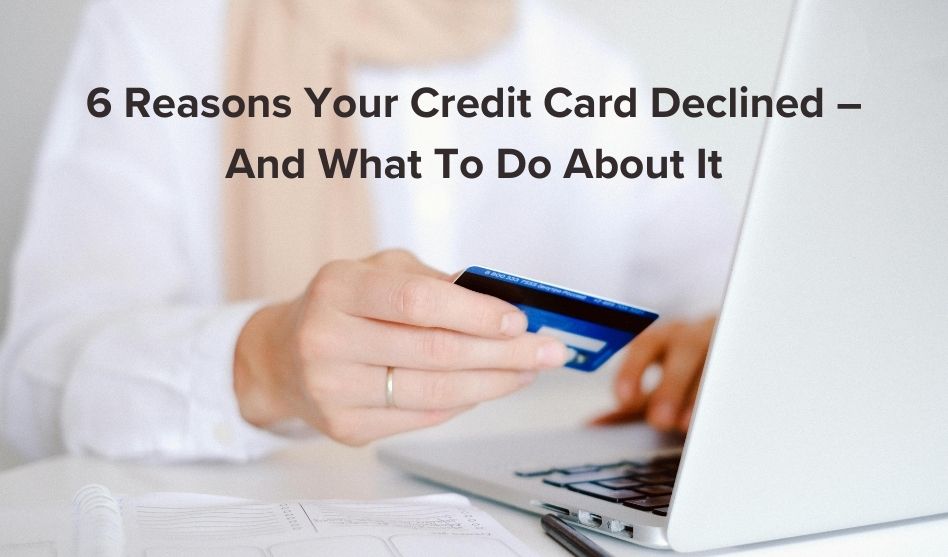
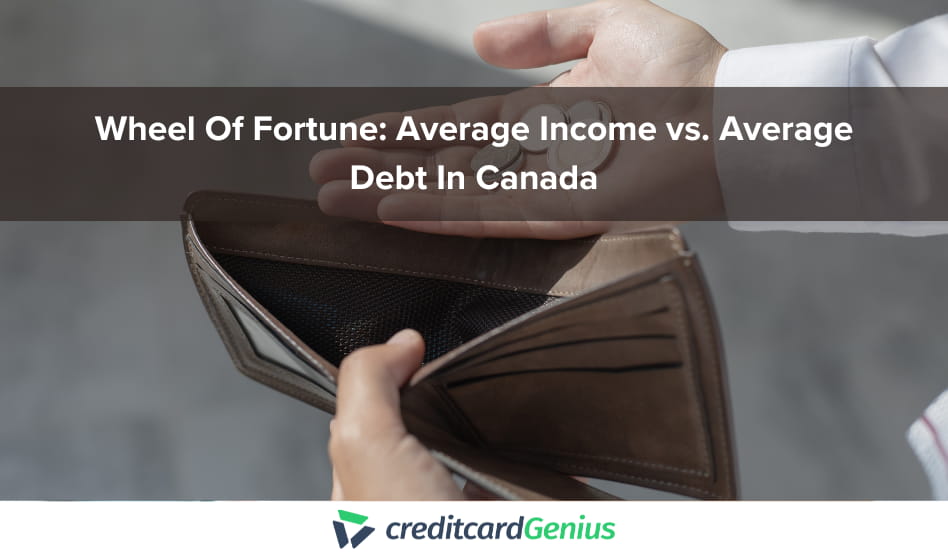


 GC:
GC: 








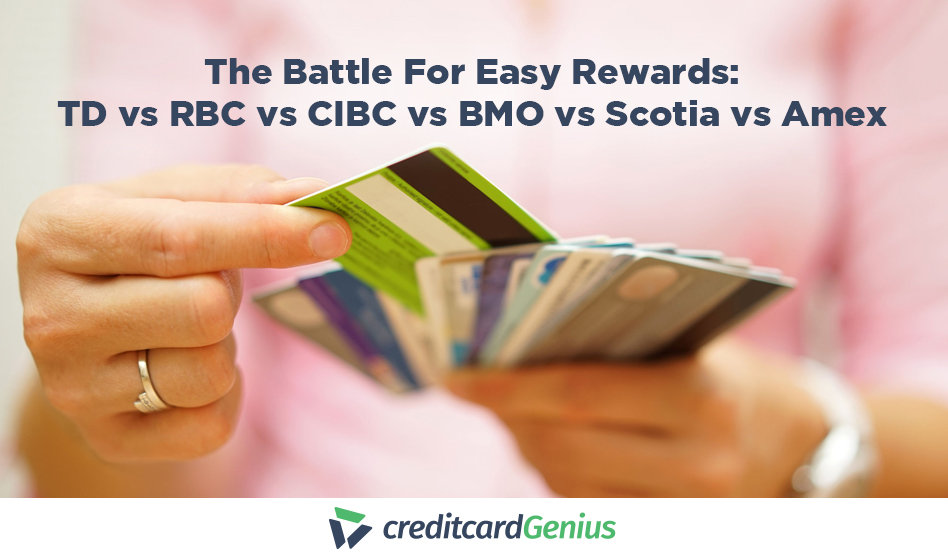
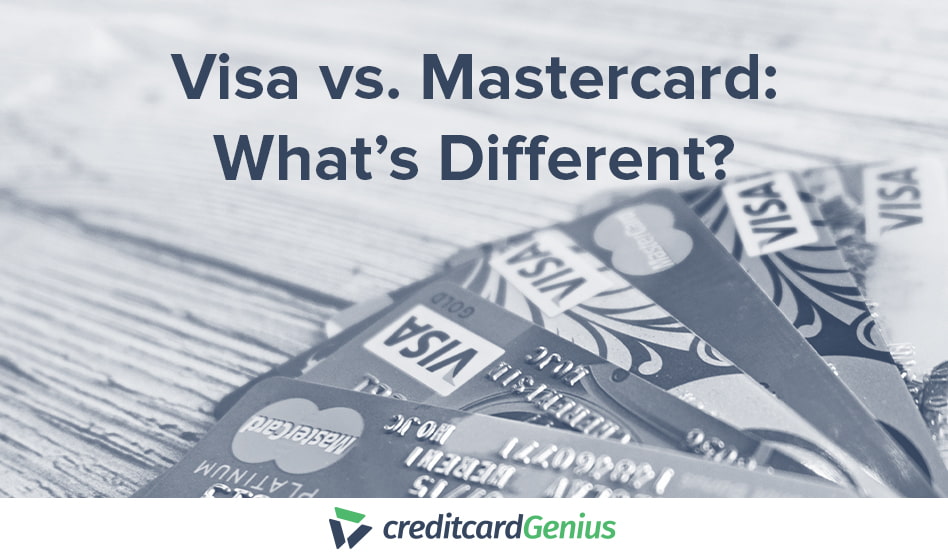


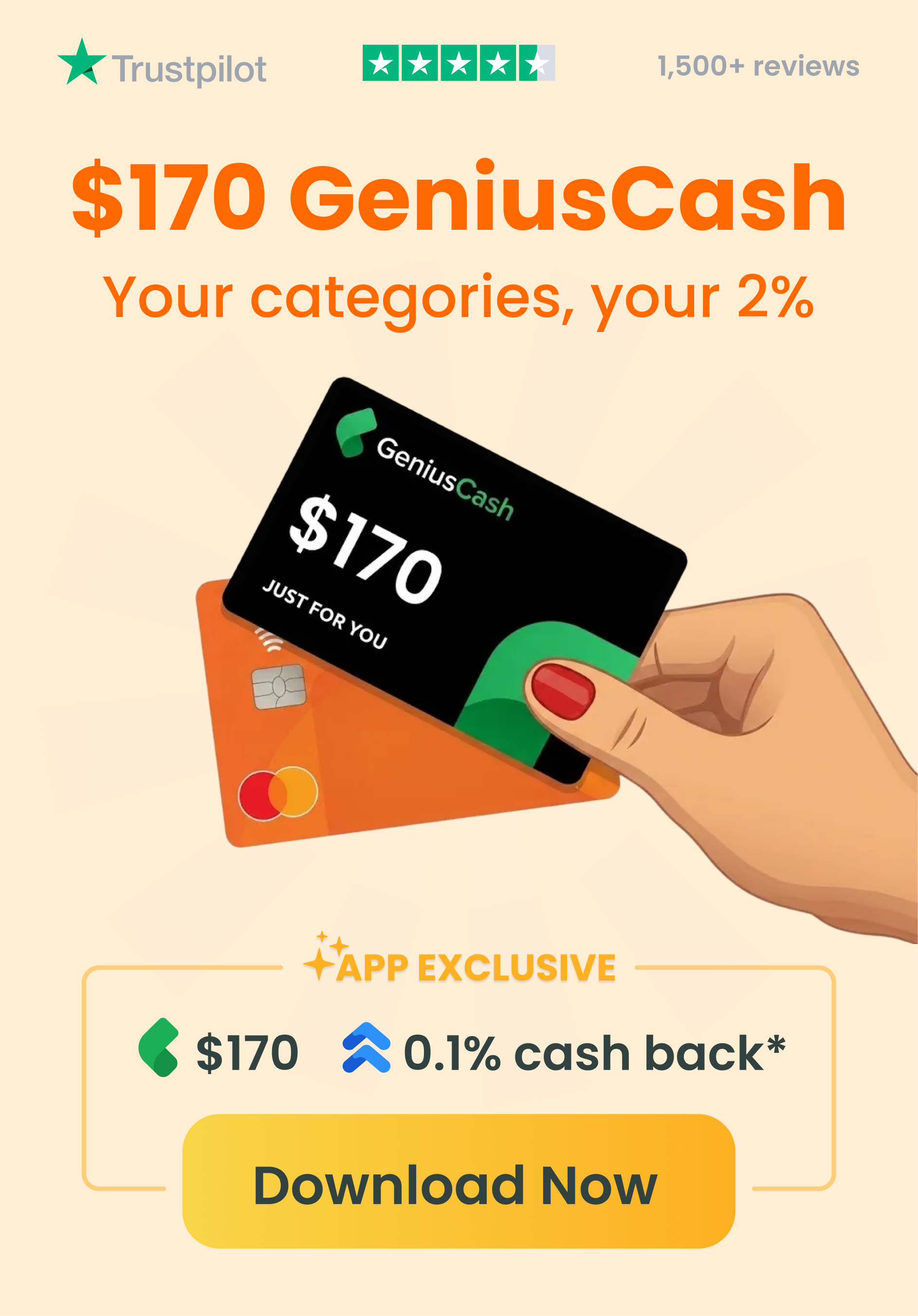





















Comments
Leave a comment
Required fields are marked with *. Your email address will not be published.
Showing 1 comments